-
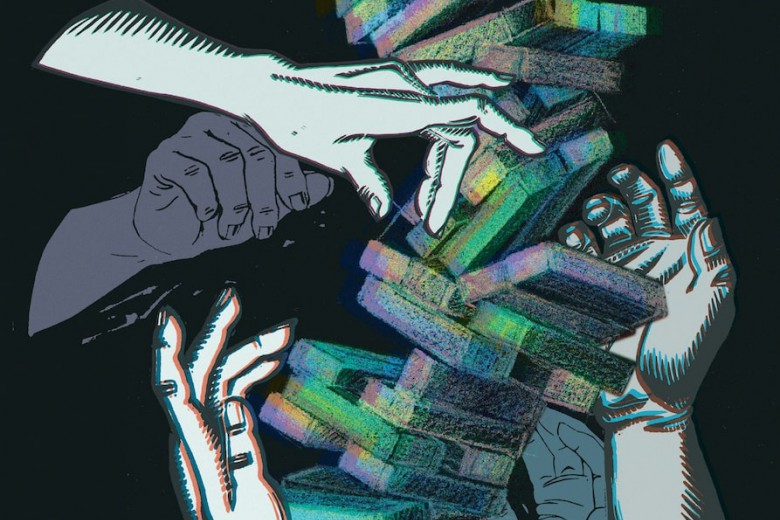
by Maya Menezes Dec 10, 2024 12 min read
-

by Serena Lukas Bhandar Nov 28, 2024 5 min read
-

by Em Thompson Nov 27, 2024 13 min read
-

by Vicky Huang Nov 19, 2024 12 min read
-
_780_520_90_s_c1.jpg)
by Simran Kaur Dhunna Oct 31, 2024 12 min read
-
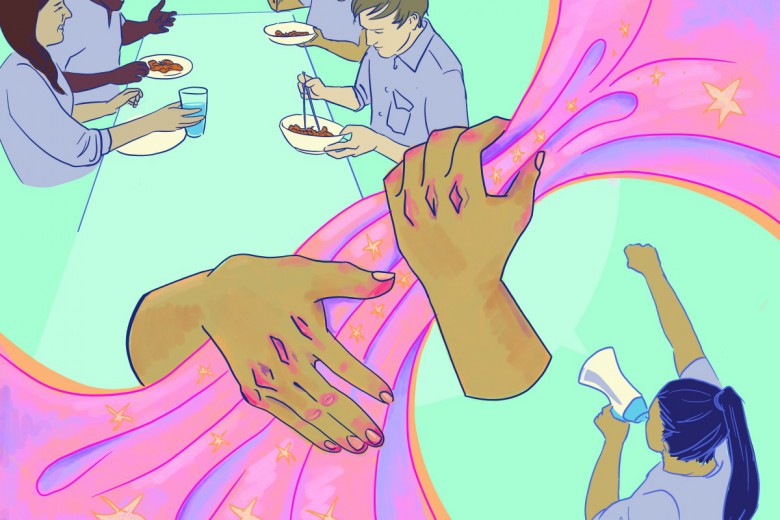
by Sarah Shandie Mohammed and Jorden Cummings Oct 31, 2024 9 min read
-
_780_520_90_s_c1.jpg)
by Chantelle Spicer Oct 31, 2024 10 min read
-
_780_520_90_s_c1.jpg)
by Sudan Solidarity Collective Oct 9, 2024 8 min read
-
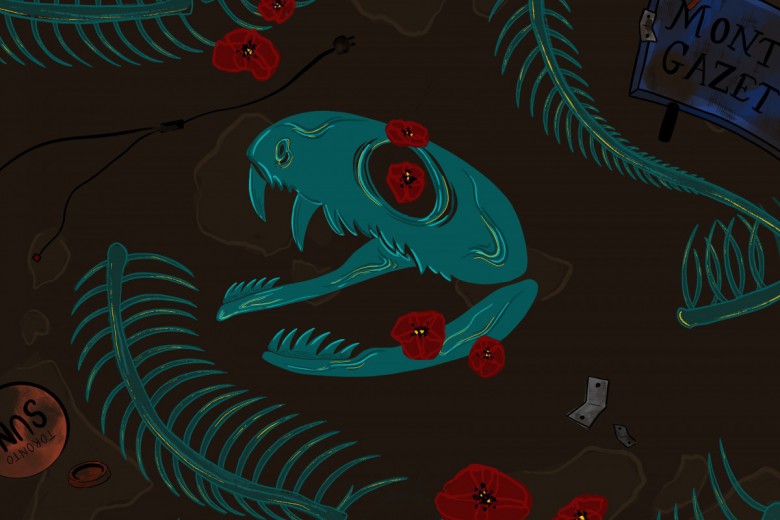
by Tara Alami Oct 8, 2024 10 min read
-
_780_520_90_s_c1.jpg)
by Anonymous Sep 10, 2024 5 min read
-
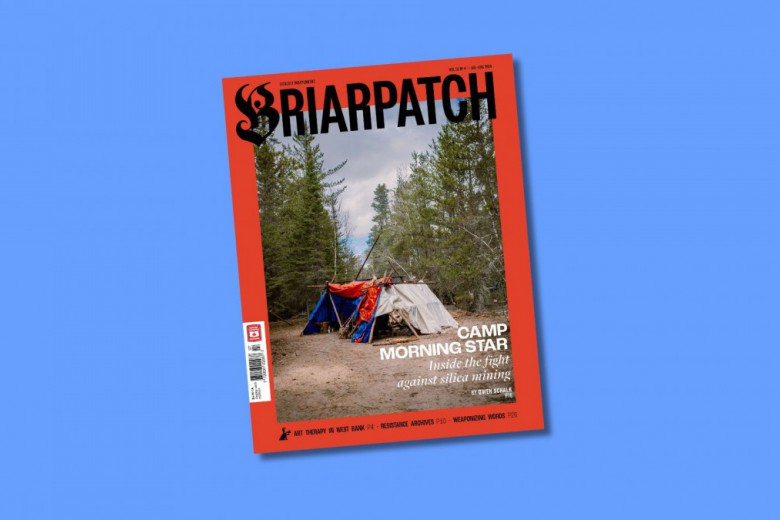
Jul 25, 2024 4 min read
-

by Anna Lippman Jul 25, 2024 12 min read
-

by Noa Sanders and Jody Chan Jul 24, 2024 5 min read
-

by Megan Linton Jul 24, 2024 5 min read
-
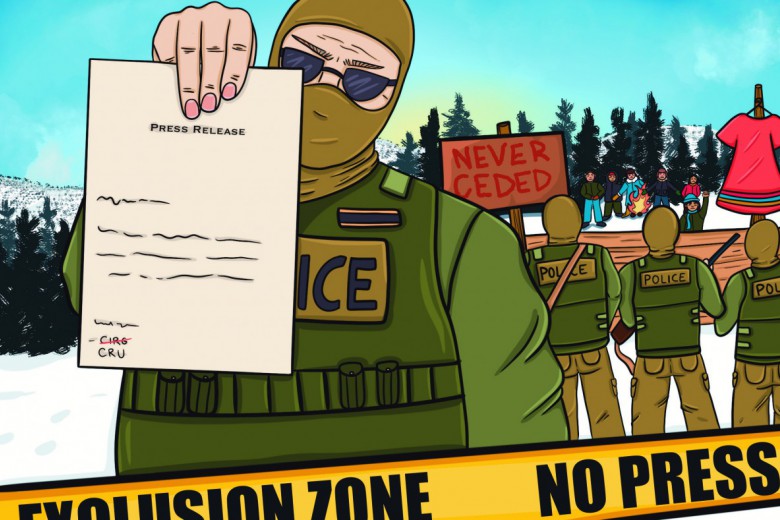
by Molly Murphy and Research for the Front Lines Jul 24, 2024 13 min read
-
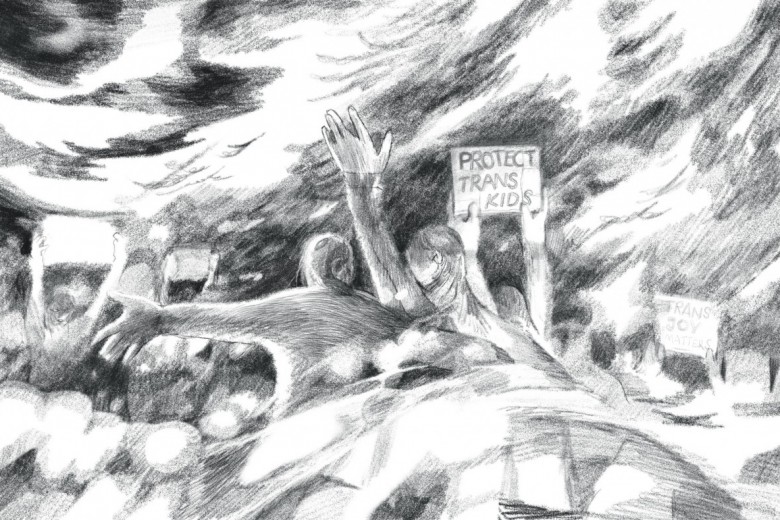
by Phoebe Fuller Jul 24, 2024 13 min read
-
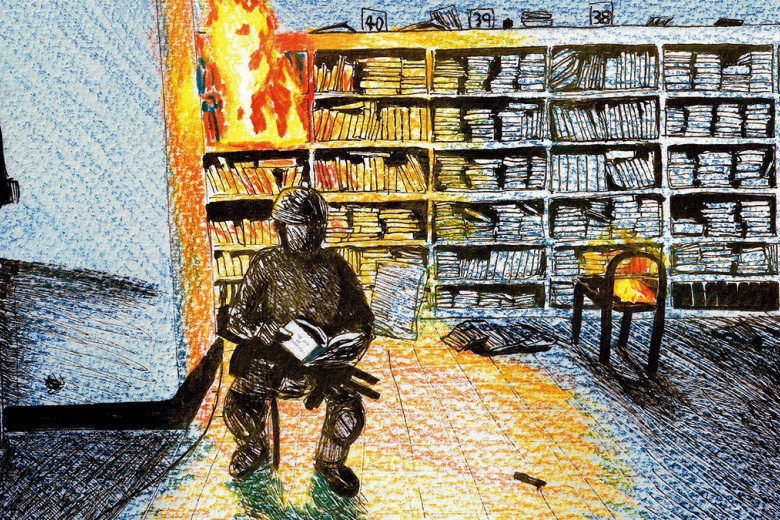
by Jamila Ghaddar Jul 23, 2024 11 min read
-

by Jasem Shuman Jul 23, 2024 7 min read




_780_520_90_s_c1.jpg)

_780_520_90_s_c1.jpg)
_780_520_90_s_c1.jpg)

_780_520_90_s_c1.jpg)










